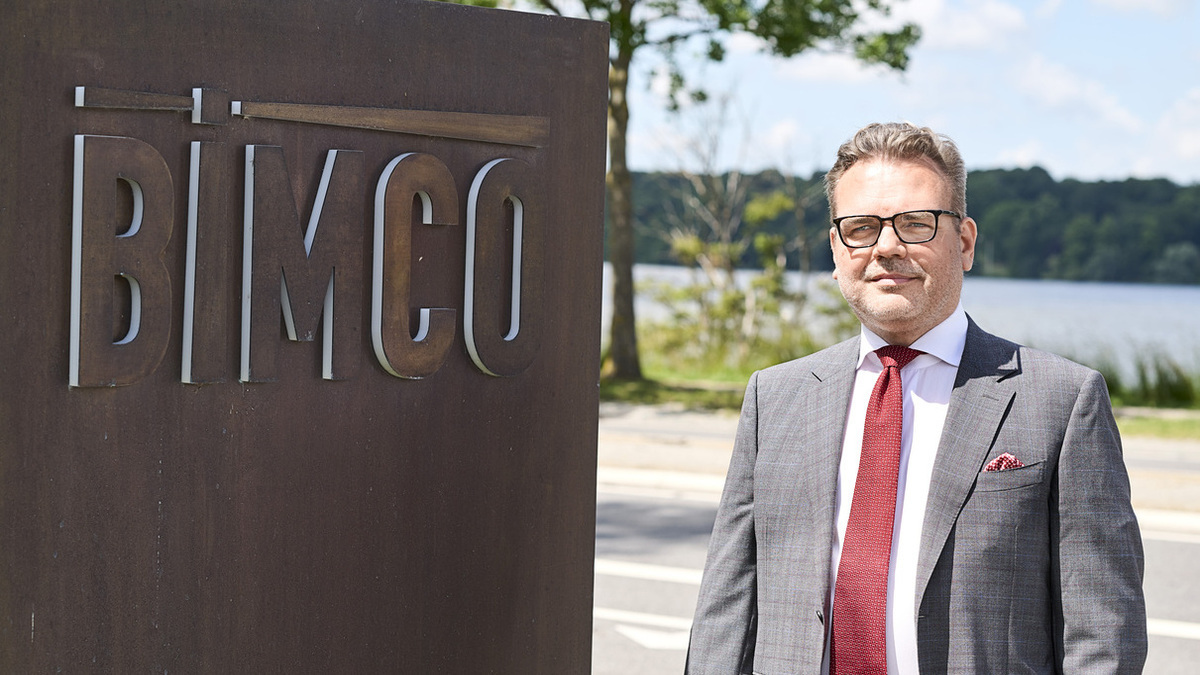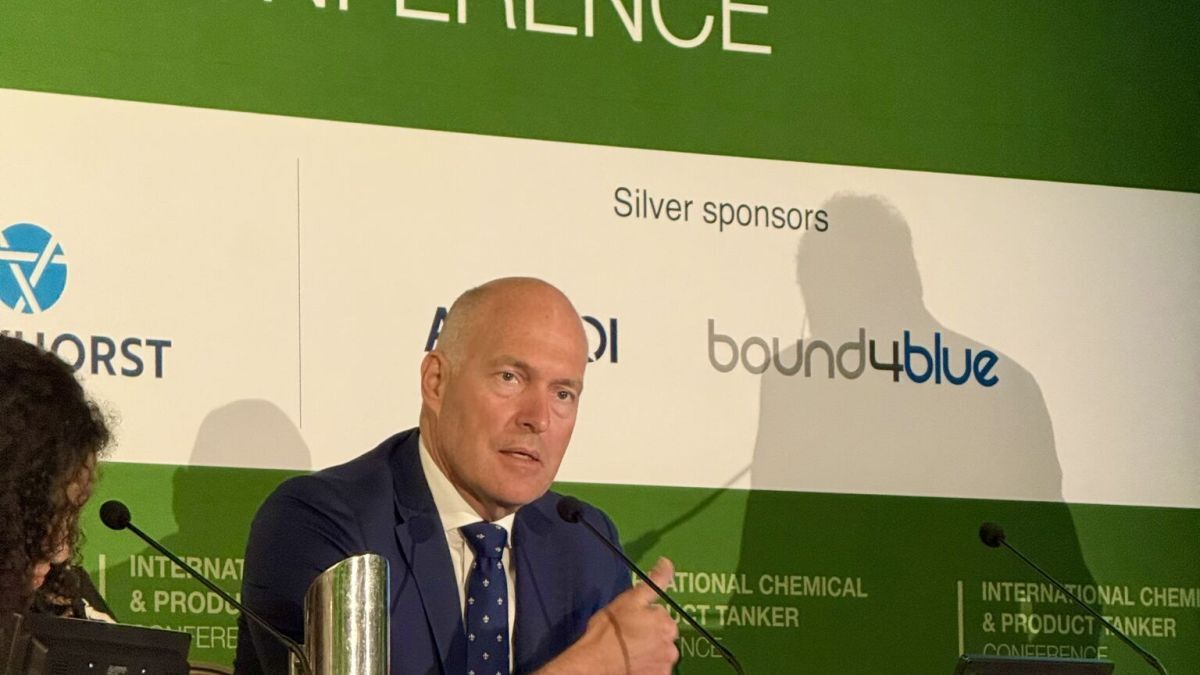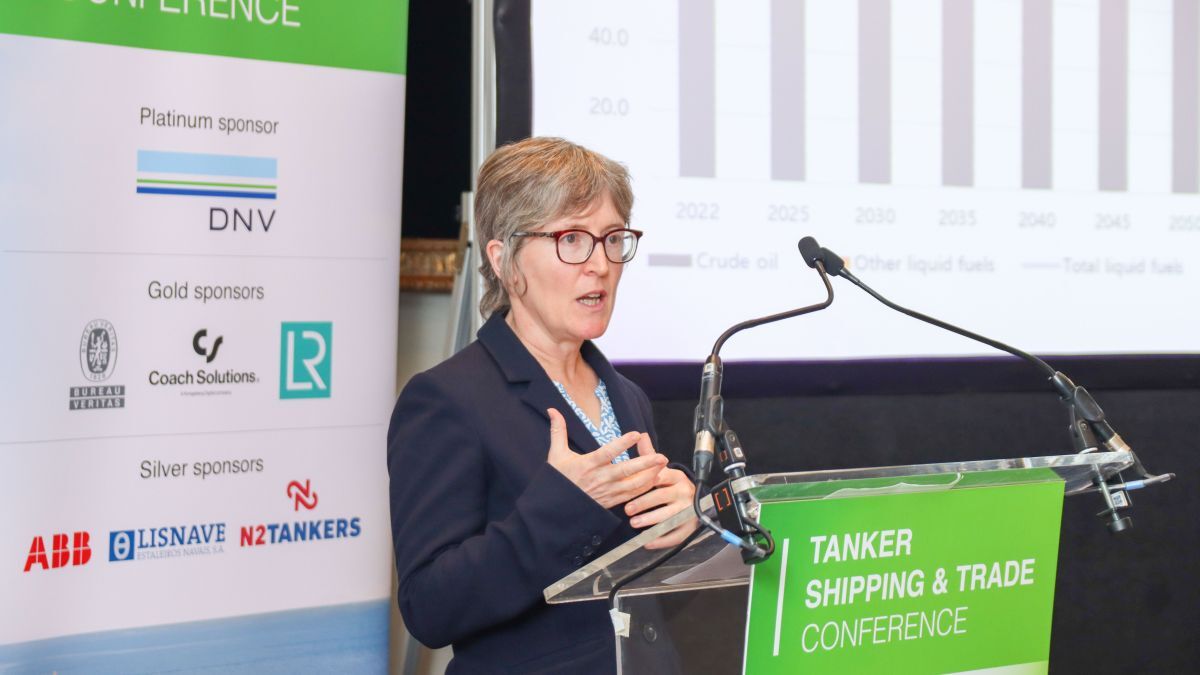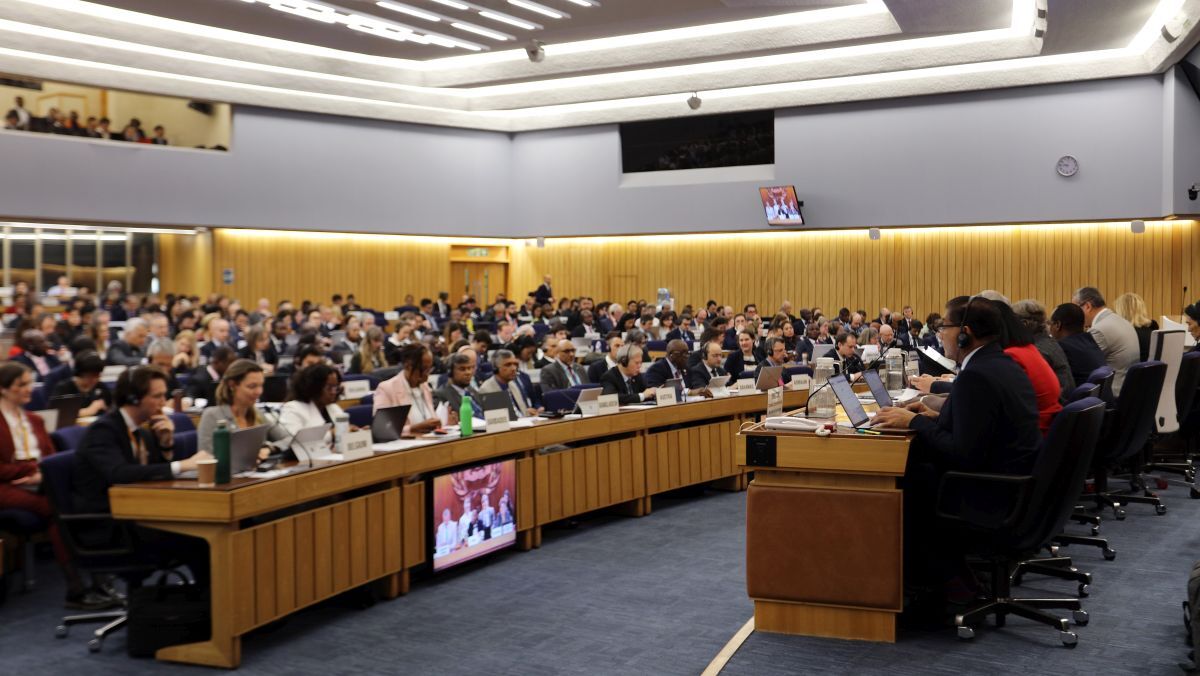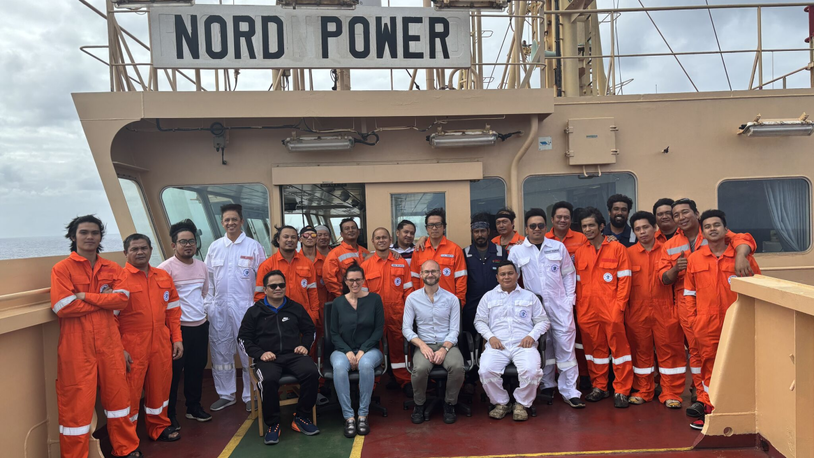Business Sectors
Events
Contents
Register to read more articles.
BIMCO: Bangladesh to ratify Hong Kong Convention; ship recycling may double in next 10 years
BIMCO has said a ship recycling boom could be coming this decade with as many as 15,000 ships heading for scrap
According to BIMCO, the Bangladeshi government reportedly confirmed its intent to ratify the Hong Kong Convention during a visit to Bangladesh in May by Norwegian authorities, the Norwegian Shipping Association, the European Community Shipowners’ Association, the International Chamber of Shipping and BIMCO.
BIMCO secretary general and chief executive David Loosley, who visited both Chattogram and Dhaka as part of the industry delegation, said, “BIMCO is delighted that Bangladesh has confirmed its commitment to ratifying the Convention in the very near future. The need for compliant facilities from the main recycling states such as India, Bangladesh and Pakistan is critical due to the large number of ships expected to be recycled over the next 10 years.”
As an expert from a consultancy in the recycling segment noted, vessel owners that select yards solely on the basis of price, ignoring safety and environmental risks, may soon have ’nowhere to hide’.
Driven by new regulations regulating emissions and potentially imposing heavy financial penalties on non-compliant shipowners, many older ships are expected to be recycled earlier than normal.
Compared with the 1990s, more than double the deadweight capacity was built during the 2000s and this, BIMCO believes, will drive the expected increase in recycling.
BIMCO chief shipping analyst Niels Rasmussen has gone further and predicts with deadweight capacity built during the 2010s increased by a further 65%, that could lead to even higher levels of recycling 10 to 20 years from now.
Mr Rasmussen said, “Historically, about 50% of bulk, tanker and container deadweight capacity has been recycled by the time the ships would have been 25 years old and 90% by 30-35 years old. If we apply this recycling pattern to the currently trading ships, we estimate 15,000 ships and 600M deadweight tonnes will be recycled between 2023 and 2032.”
That figure represents a combined deadweight capacity of more than 600M tonnes, or about double the number for the last decade where 7,780 ships, with a deadweight capacity of 285M tonnes, were recycled.
But as recycling volumes increase, they also bring environmental concerns. Ship breaking is notorious for its lax standards.
Mr Rasmussen said it is “increasingly important” the Hong Kong International Convention for the Safe and Environmentally Sound Recycling of Ships is ratified and implemented.
Adopted in 2009, the Convention aims to reduce risks to health, safety and the environment and stipulates ships sent for recycling carry an inventory of all hazardous materials on board. Recycling facilities are required to provide a Ship Recycling Plan, specifying how each vessel will be recycled, based on its particular characteristics and its inventory of hazardous materials.
Uptake has been slow. A decade on, the Convention hadn’t received ratification from enough nations to enter into force because the major nations in the Indian subcontinent (plus Turkey) that account for over 98% of all shipbreaking by gross tonnage didn’t ratify it, until India and Turkey did so in 2019.
And while other shipbreaking nations, including Pakistan, are yet to ratify the convention, the accession of Bangladesh – the biggest destination for ship breaking, representing 32% of ships recycled – will allow for that to change.
Riviera Maritime Media will hold the Responsible Ship Recycling Forum 1 June 2023 in London, UK. Use this link for further information and to register your interest
Related to this Story
Women in Maritime Today: Elin Saltkjel says no day working in maritime is dull
Events
Maritime Environmental Protection Webinar Week
Cyber & Vessel Security Webinar Week
The illusion of safety: what we're getting wrong about crews, tech, and fatigue
Responsible Ship Recycling Forum 2025
© 2024 Riviera Maritime Media Ltd.


